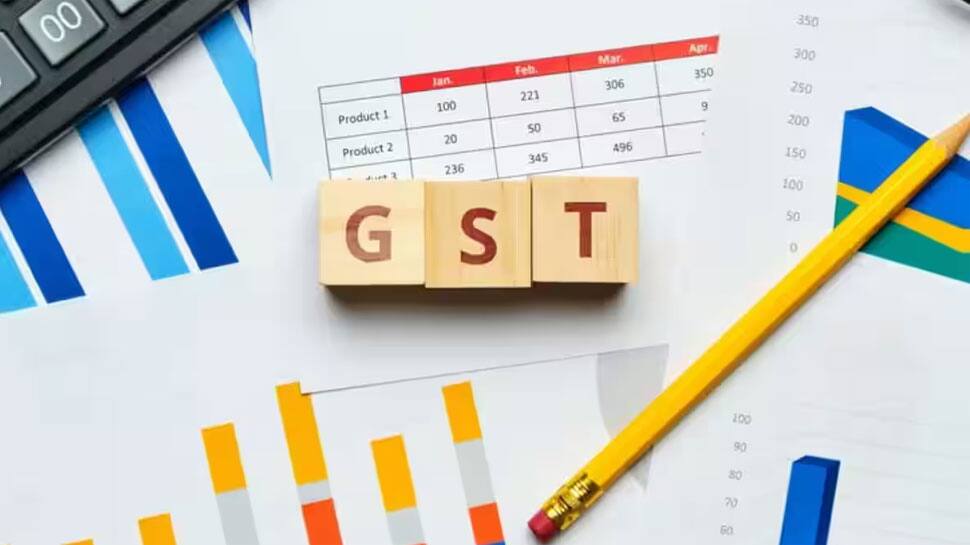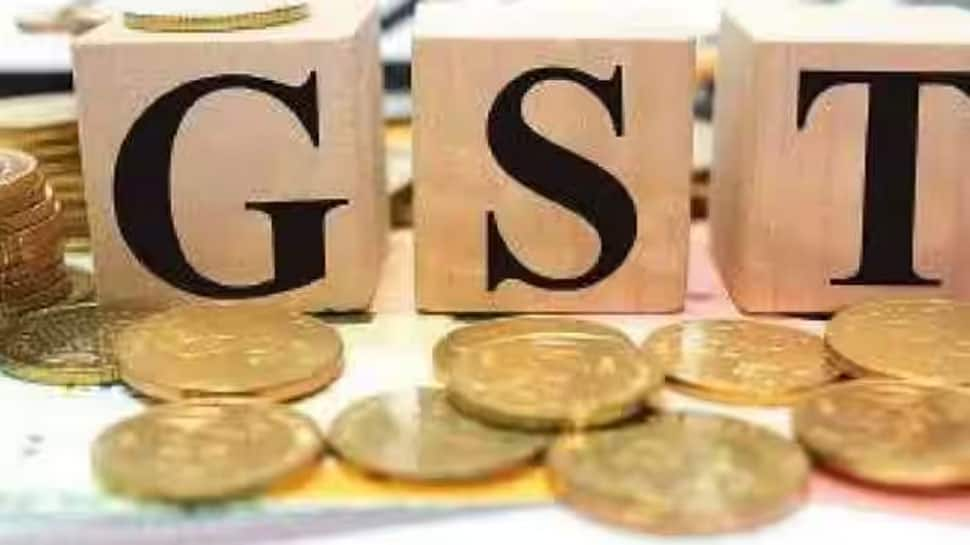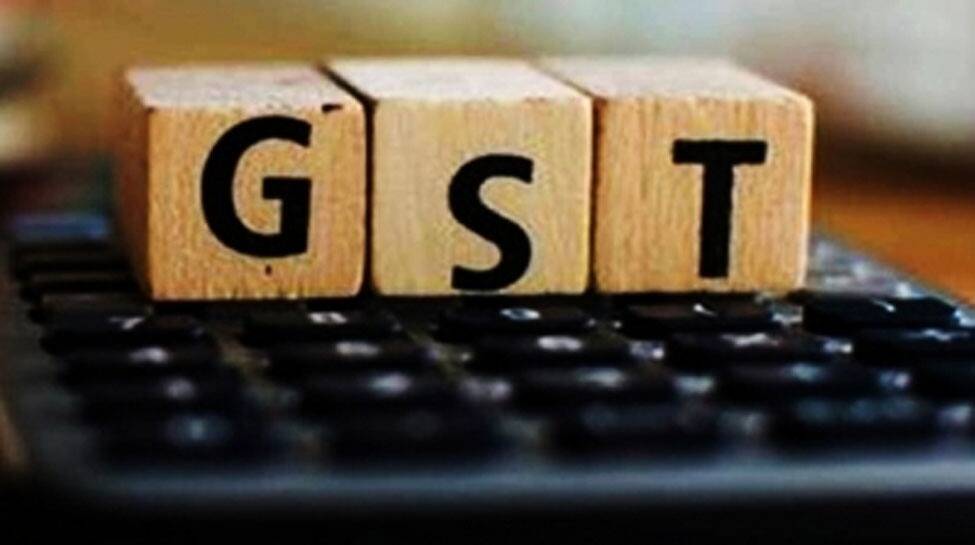Who Needs GST Registration For Businesses And What Are The Documents Required?
)
Anyone selling products or services and exceeding a certain revenue threshold must register for GST. The GST registration number is a distinct 15-digit number issued by the tax authorities to track registered individuals' tax payments and compliances.

• Businesses involved in the supply of goods with turnover in a financial year exceeding Rs.40 lakhs (Rs.20 lakh for special category states)
• Businesses involved in the supply of services with turnover in a financial year exceeding Rs.20 lakhs (Rs.10 lakhs for special category states). • Casual taxable person / Input Service Distributor (ISD) • Non-resident taxable person • Inter-state supplier of goods and services • Supplier of goods through an e-commerce portal • TDS/TCS deductor • Any other individual/individuals notified by central or state governments as per the GST council's recommendation

The first step towards managing one's business properly is GST registration. It allows businesses to function lawfully and builds the brand as a trustworthy and legitimate organization.

The process of registering for GST is quite easy. It costs nothing at all, too. Citizens can register online to apply for GST. Online applications must be completed via the shared portal at https://www.gst.gov.in. Citizens will be expected to provide the necessary information online. No physical documents will need to be sent unless a question is raised and papers are requested. A person will get their online registration 3 business days after submitting the online application.

Certain common documents are required to complete the GST registration form, regardless of the type of business or GST registration. These are:
-- PAN Card -- Proof of Place of Business -- Bank account details -- Photograph of Owner/Authorized Signatories -- Phone number and email ID

Particular documentation requirements for GST registration are unique to each type of business. A company, a partnership firm, and a sole owner, for instance, need to produce documentation specific to their business to register.

